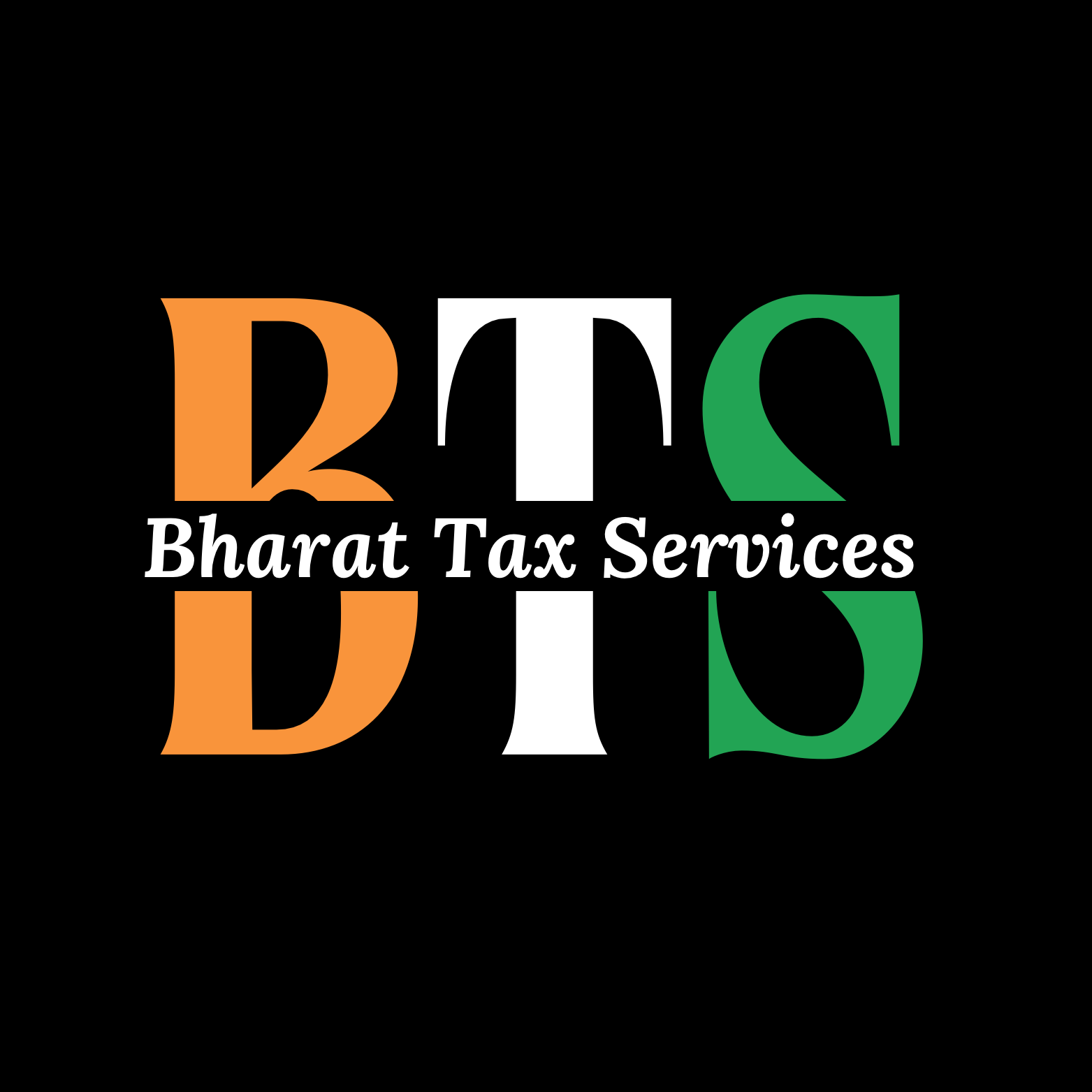GST Services with Bharat Tax Services
1. What is GST?
Goods and Services Tax (GST) is a comprehensive, multi-stage, destination-based tax levied on every value addition. It is an indirect tax that has replaced many indirect taxes in India, such as the excise duty, VAT, services tax, etc. GST is applicable on the supply of goods and services and is a single tax for the entire country, making the tax system more streamlined and efficient.
2. Rules for GST Registration
GST registration is mandatory for businesses that meet any of the following criteria:
- Turnover Threshold: Businesses with an annual turnover exceeding ₹20 lakhs (₹10 lakhs for special category states) must register for GST. For goods, the threshold is ₹40 lakhs.
- Interstate Business: Any business involved in the supply of goods or services across state lines must register for GST, irrespective of turnover.
- E-commerce: Businesses operating through e-commerce platforms must register for GST.
- Casual Taxable Persons and Non-Resident Taxable Persons: Individuals who occasionally supply goods or services in a territory where GST is applicable need to register, regardless of turnover.
- Agents and Input Service Distributors: Agents of a supplier and input service distributors must register for GST.
- Reverse Charge Mechanism: Businesses required to pay tax under the reverse charge mechanism must register.
3. Benefits of GST Registration
- Legal Recognition: GST registration provides legal recognition for your business as a supplier of goods or services.
- Input Tax Credit: Registered businesses can claim input tax credit on their purchases, reducing the overall tax liability.
- Interstate Transactions: GST registration allows for seamless interstate transactions without the need for multiple state-level registrations.
- E-commerce: Enables businesses to operate on e-commerce platforms, expanding market reach.
- Simplified Taxation: Consolidation of multiple taxes into a single GST simplifies the taxation process and reduces compliance burden.
- Increased Efficiency: Streamlined tax structure improves business efficiency and reduces the cascading effect of taxes.
4. GST Filing Compliances: GSTR-1 and GSTR-3B
- GSTR-1: This return form is used to report the details of outward supplies of goods and services. It is filed monthly or quarterly, depending on the turnover. The due date for GSTR-1 is the 11th of the next month for monthly filers and the end of the month following the quarter for quarterly filers.
- GSTR-3B: This is a summary return of inward and outward supplies, and it must be filed monthly. It includes the summary of sales, purchases, input tax credit claimed, and taxes paid. The due date for GSTR-3B is the 20th of the next month.
5. Seamless Filing with Bharat Tax Services
At Bharat Tax Services, we ensure that your GST registration and filing processes are seamless and hassle-free. Here’s how we help:
- Expert Assistance: Our team of tax professionals provides expert guidance throughout the GST registration and filing process.
- Timely Compliance: We ensure that your GST returns, including GSTR-1 and GSTR-3B, are filed accurately and on time, avoiding penalties and interest.
- Comprehensive Support: From registration to return filing and compliance management, we provide end-to-end support for all your GST-related needs.
- Regular Updates: Stay informed about the latest changes in GST laws and regulations with our regular updates and advisory services.
For more information or to get started, connect with us:
- Email: info@bharattaxservices.com
- Website: www.bharattaxservices.com
- Phone: 7978866184
Let Bharat Tax Services handle your GST needs so you can focus on growing your business. Contact us today!
